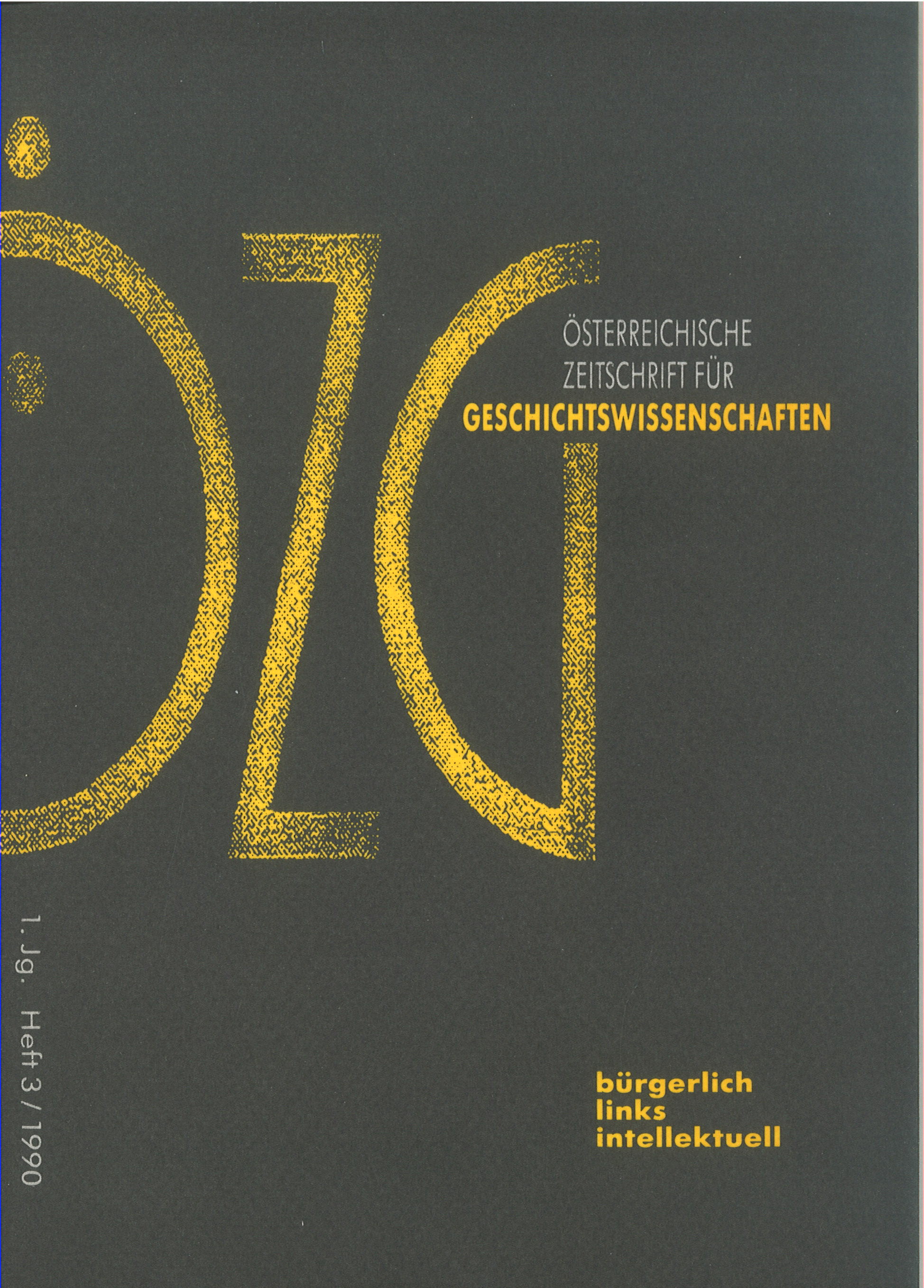Zur Konstruktion des ‚bürgerlichen Menschen‘
Verhaltensideale und Lebenspraxis im Prozeß der ‚Verbürgerlichung‘
DOI:
https://doi.org/10.25365/oezg-1990-1-3-2Abstract
The bourgeoisie was the culturally dominant class of the 19th century not only because of its wealth and higher education but also because of its culture. Good manners played a dominant role especially in personal relationships between the members of the civic society. But these manners had their origins in antiquity, being transformed into different styles of behaviour in the following centuries. Good manners were and are therefore - this is the main thesis of the article - a synthesis of court manners, French etiquette and the behaviour in civil society. After a general summary of the different conceptions of politeness in history and its different meanings for men and women, the author focusses on the importance of politeness and courtesy for the rise of the bourgeoisie. In the third part she points out the special transformation of the idea of politeness in the 19th century. Finally she reflects on the diffusion of good manners into other social classes (the petite bourgeosie, ‚labour aristocracy‘ and so on). lt turns out that good manners were very important for the rise of the bourgeoisie but even more important for the differentiation of the middle classes in the 19th century.


